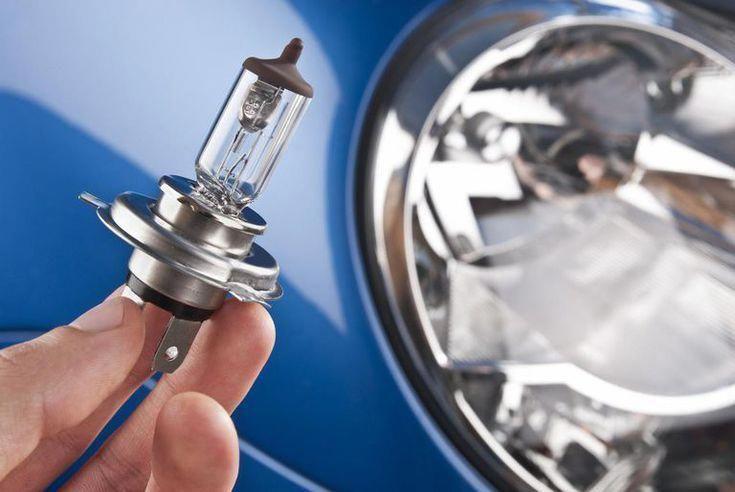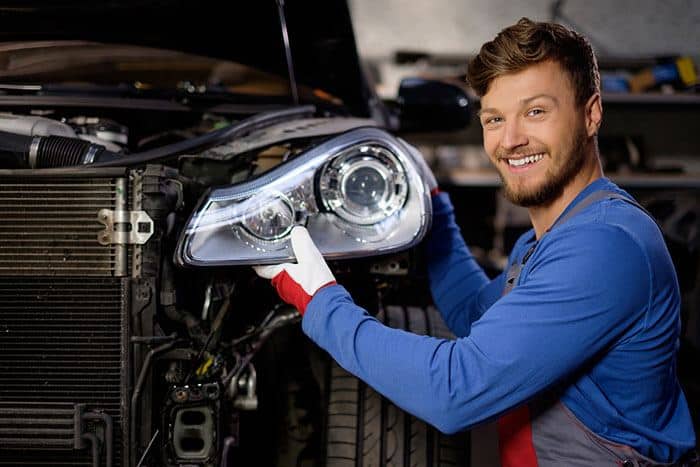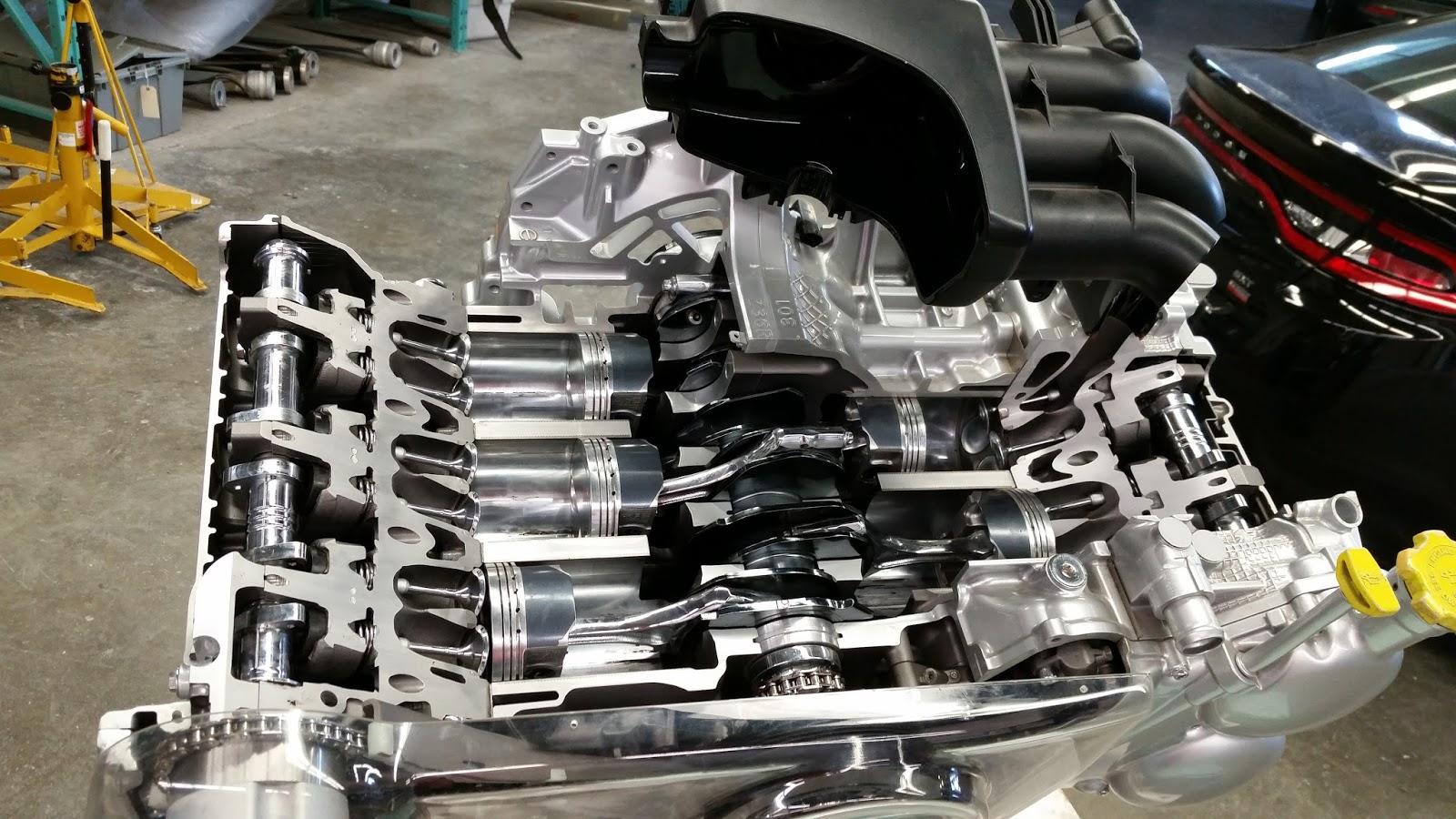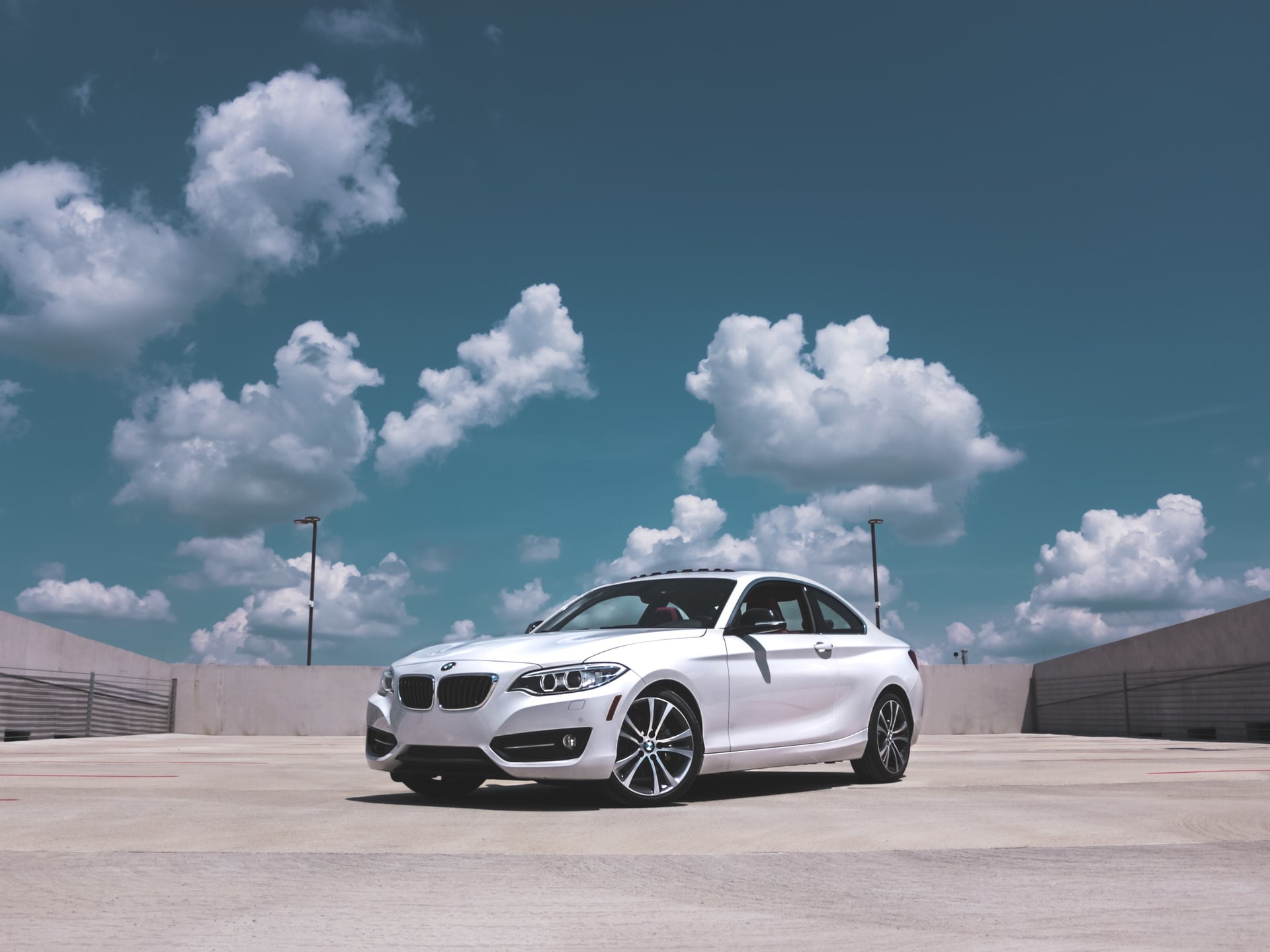Why Headlights Not Working but High Beams Are?
There is nothing complex about the technology of automobile headlights. But they can fail in multiple ways, which may confuse a new car owner. If your headlights stop working all of a sudden, you need to figure out the type of failure it is and take the necessary action. This time, we’re going to discuss the reasons for headlights not working but high beams are.
Why Headlights Not Working But High Beams Are?
Remember that most headlight issues are related to the power supply or the bulbs. There are some specific components to look into when you face this problem. You can still drive when the high beams are working but this is, by no means, a safe practice, especially during the nighttime. Turning your high beams on all the time will blind the oncoming drivers, increasing the risk of accidents.
Here are the top reasons for headlights not working but high beams are:

Bulbs
The bulbs are the first things to check when your low beams not working. The reasons are simple. When you turn on the headlights, it’s almost always the low-beam lights. High beams are required only on some specific occasions. So, normal headlights burn out quicker than the high beams lights.
Want to change them by yourself? Be careful because the installation procedure of one type of bulb differs from the other. Shoddy work means that you will be spending more money on the bulbs.
Read more:
Fuse or relay
Every single automobile electrical system has fuses for protection from plenty of electrical problems. Power surging causes these fuses to blow up. If that happens to the headlight circuits, the bulbs will not come on.
Many headlights have a relay that diverts electrical power between the low and high beams. When it does not work, it may still send power to the high beams but not the low ones.
Sockets
All bulbs are plugged into a socket. Corrosion, bad ground, or some other issues can damage the sockets and disrupt the power flow to the bulbs. If only the sockets of the low beams are bad, it will cause headlights not working but high beams are.
It is unusual for both sockets to be damaged at the same time. But the lights are wired in some vehicles. So, any problem with one will stop supplying power to the other too. No high beams will get affected because they are on a separate circuit.

Wiring
The headlights won’t get power if their wiring is bad. The connections to the wires can get loose or some rodents can chew them. In that case, high beams will work if their wires are fine.
So, these are the most probable reasons for disrupting the functions of headlights without affecting the high-beam lights. Troubleshooting these issues is easy but call a mechanic if you have no idea about headlights and experience of handling electrical systems and circuits.
Watch more:
Headlights Won’t Turn On But High Beams Work: Try To Fix
If your headlights are not turning on but the high beams are working, it could indicate a few possible issues. Here are some troubleshooting steps you can take:
Check the fuses
Locate the fuse box in your vehicle and check the fuse related to the headlights. Refer to your vehicle’s owner’s manual to find the specific fuse for the headlights. If the fuse is blown, replace it with a new one of the same rating. Test the headlights to see if they work.
Inspect the headlight relay
The headlight relay controls the power supply to the headlights. A faulty relay can prevent the low beams from turning on while allowing the high beams to work. Locate the headlight relay, usually found in the engine compartment fuse box or a separate relay box. Swap the headlight relay with another similar relay (such as the horn relay) and see if the low beams start working. If they do, the original relay may be defective and needs to be replaced.
Check the headlight switch
The headlight switch may have a separate setting or position for low beams and high beams. Make sure the switch is set correctly to the low beam position. If the switch is faulty, it may not be making proper contact to activate the low beams. Consider replacing the headlight switch if necessary.
Inspect the wiring and connections
Examine the wiring and connections associated with the headlights. Look for any loose, damaged, or corroded connections. Repair or replace any faulty wiring or connectors as needed.
Remember to exercise caution when working with electrical components in your vehicle. If you’re unsure about any step, seeking professional assistance is best to avoid potential damage or injury.














